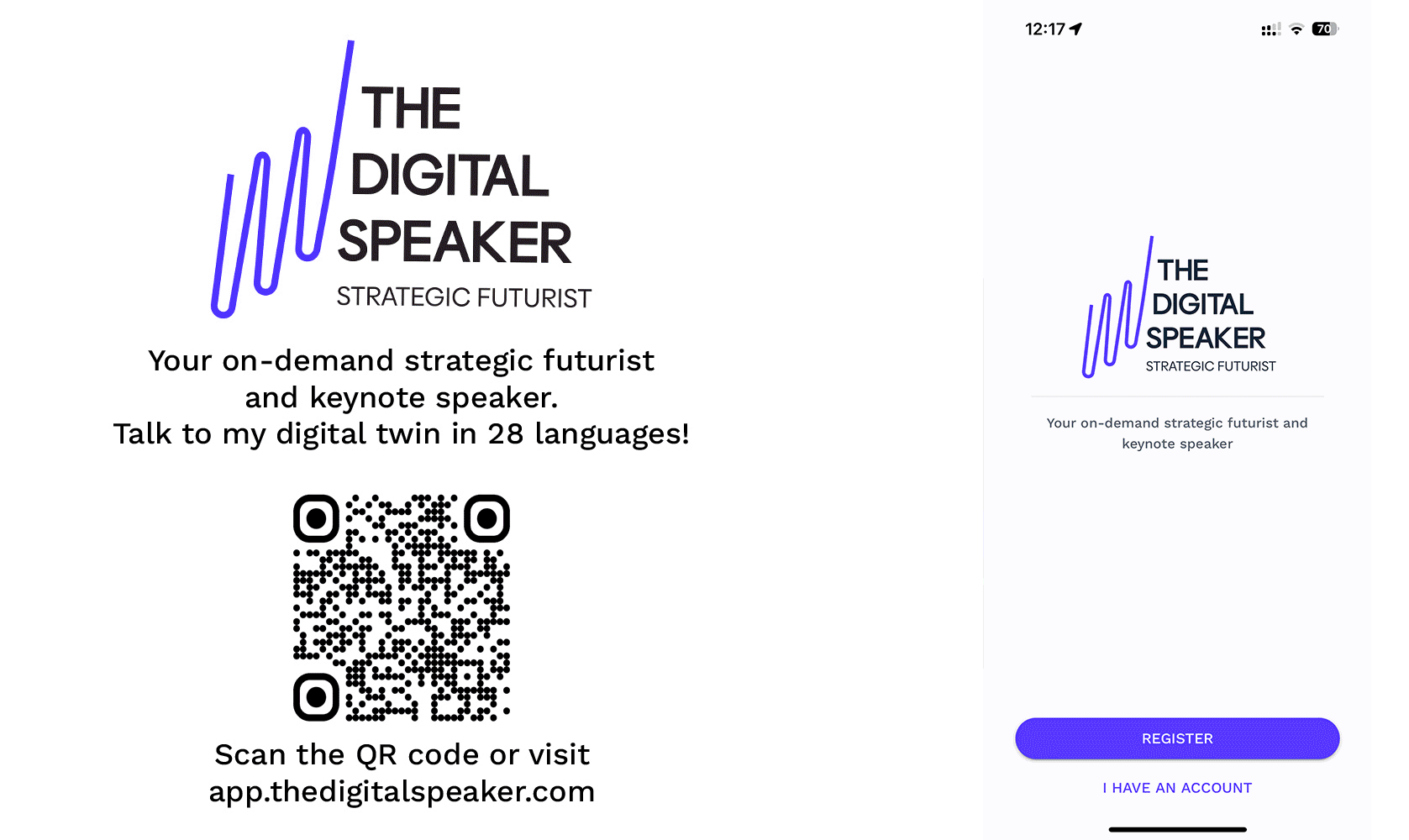Slack’s AI Overreach: Are Your Chats Really Private?

Did Slack just overstep the privacy line by using your data to train AI models?
Slack has turned your private messages into AI training data without your explicit consent, raising serious privacy concerns.
In a startling revelation, Slack has admitted to using customer data—including private messages, files, and other content—for training its AI and machine learning models. By default, this data scraping happens without requiring users to opt-in, leaving many feeling blindsided by what they perceive as a massive breach of trust.
This discovery has set off a firestorm of criticism from users and corporate administrators alike. Despite Slack's assurances that technical controls prevent access to the actual content of messages and files, the realization that such data could be leveraged for AI training has many scrambling to opt out. The opt-out process itself has been criticized for its complexity, requiring workspace owners to send specific email requests to Slack’s customer experience team, which places the burden squarely on the users rather than the company.
The crux of the issue lies in the invasive nature of the data collection. Even though Slack claims the data is de-identified and aggregated, the fact remains that sensitive information from direct messages and other private channels has been used without users' explicit consent. This approach raises significant ethical and privacy concerns, particularly in an era where data breaches and privacy violations are increasingly scrutinized.
Corporate administrators and CISOs (Chief Information Security Officers) are particularly vocal about their discontent. They argue that while it is not uncommon for big-tech vendors to leverage user data for AI development, the onus should not be on customers to opt-out. Instead, Slack should have implemented an opt-in system, ensuring users are fully aware and agreeable to their data being used in such a manner.
Slack’s response to the backlash has been to emphasize that its generative AI products, which rely on large language models (LLMs), do not use customer data for training. They insist that all data used for traditional machine learning models is handled in a privacy-protective manner, with measures in place to prevent any leakage across workspaces. However, this reassurance has done little to quell the concerns of many users who feel their privacy has been compromised.
The broader implication of Slack’s actions touches on a fundamental principle: the right to control one’s personal data. As AI continues to advance and integrate into various platforms, the need for transparent and ethical data practices becomes ever more critical. Users must be empowered with clear, straightforward options to consent to or decline the use of their data. Anything less undermines trust and could have long-lasting repercussions for user confidence and corporate reputation.
So, how should companies balance innovation with privacy? Can transparency and user consent coexist with the drive for advanced AI capabilities? These are questions that need addressing as we navigate the future of data-driven technologies.
Read the full article on Security Week.
----
💡 If you enjoyed this content, be sure to download my new app for a unique experience beyond your traditional newsletter.
This is one of many short posts I share daily on my app, and you can have real-time insights, recommendations and conversations with my digital twin via text, audio or video in 28 languages! Go to my PWA at app.thedigitalspeaker.com and sign up to take our connection to the next level! 🚀

If you are interested in hiring me as your futurist and innovation speaker, feel free to complete the below form.
Thanks for your inquiry
We have sent you a copy of your request and we will be in touch within 24 hours on business days.
If you do not receive an email from us by then, please check your spam mailbox and whitelist email addresses from @thedigitalspeaker.com.
In the meantime, feel free to learn more about The Digital Speaker here.
Or read The Digital Speaker's latest articles here.





